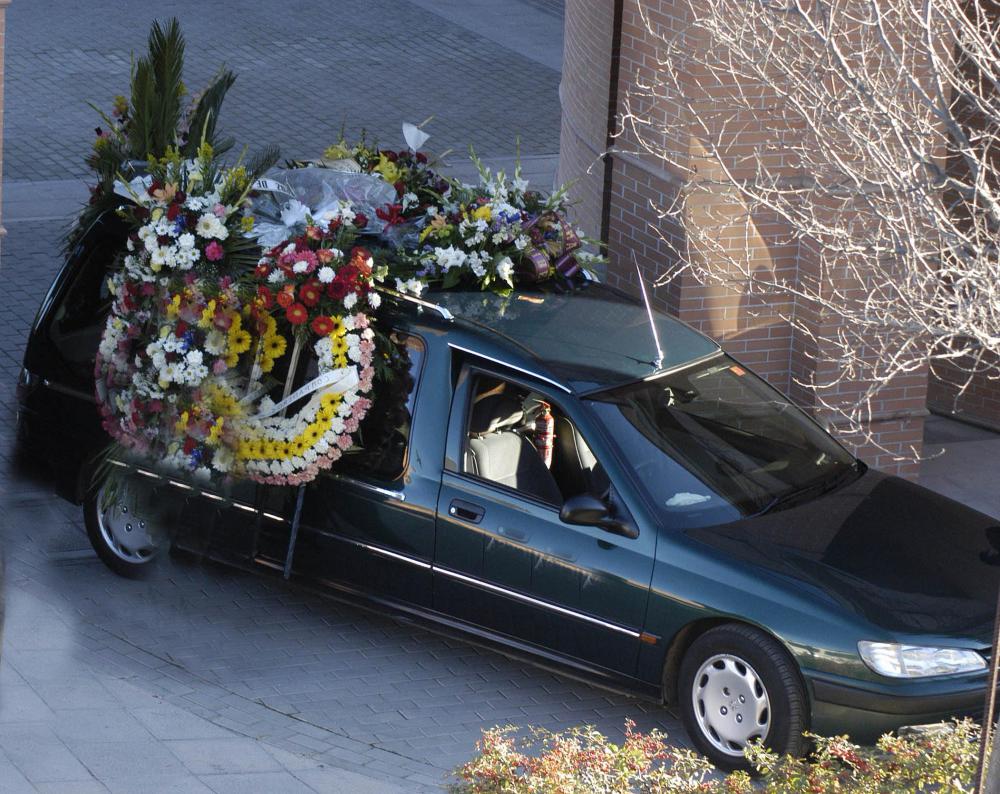At WiseGEEK, we're committed to delivering accurate, trustworthy information. Our expert-authored content is rigorously fact-checked and sourced from credible authorities. Discover how we uphold the highest standards in providing you with reliable knowledge.
What Should I Expect from Embalming School?
At embalming school, students learn how to embalm and prepare the bodies of the dead for viewing and eventual disposition. The precise curriculum can vary, depending on legal requirements for people who wish to practice as embalmers, but the curriculum usually includes theoretical education in the classroom along with practical skills in the lab. After graduation, someone can apply for a license to practice as an embalmer, which may require successful completion of an exam administered by a government agency.
The practice of embalming involves removing the blood from the deceased and replacing it with embalming fluid. At embalming school, students learn about the chemistry of embalming in the classroom, and discuss additional theoretical skills which can be useful. In the lab, they have an opportunity to practice embalming and activities related to preparation of the body, including how to position the body, composing the face and applying makeup, and techniques used to prevent seepage while the body waits for burial.

Restorative arts are also an important part of embalming training. If a body has been damaged by disease or accident, an embalmer can use restorative techniques to create a more familiar, life-like look. Restorative arts can include techniques such as fabricating replacement body parts for parts which are injured or lost in an accident, restoring facial structure for a decedent with severe facial damage, or restoring a body after autopsy so that it can be viewed by family members.

In addition to learning about the practical techniques involved in the process, students at embalming school also learn about embalming safety so that they can work safely and effectively. They are also given classroom education in the areas of the law which pertain to their work. Embalmers typically learn about workplace safety requirements, for example, so that they can keep the facilities where they work compliant with the law.
In some cases, an embalming school also provides internship opportunities to students who want work experience. The school may also offer job placement, ensuring that students can start work as soon as they graduate from embalming school.

People who are interested in working as funeral directors can pursue additional training and coursework, with such classes often being available at schools which offer embalming education. Becoming a funeral director requires more training and coursework, and the successful passage of the funeral director's exam. Once someone qualifies as a funeral director, he or she may opt to focus on dealing with family members and the logistics of funeral planning, contracting embalming services out to a licensed embalmer.
AS FEATURED ON:
AS FEATURED ON:













Discussion Comments
Wow! Yes I want to be an embalmer!
I once had to watch an embalming DVD at school, and let me tell you, that stuff is creepy. I mean, I totally have a new respect for embalmers after watching it, especially the ones that do restorative art embalming, but I was also totally creeped out.
@littleman -- Well, there are no real set prerequisites before you start in on an mortuary science or embalming degree, but it is a bit of a process to get accepted into one.
You first have to research what embalmer schools are in your area by looking at the American Society of Embalmers.
Then you can contact the school, and they will set you up in a program; most last three to nine months.
Even though there are no one set of prerequisites, ways to up your chances of getting accepted into an embalming school are taking science classes, and by networking with your local funeral home director. They'll be able to better advise you.
Wow, who knew that you could learn so much at a school of embalming. I wonder what the entry requirements are for attending embalming school...does anybody know?
Post your comments